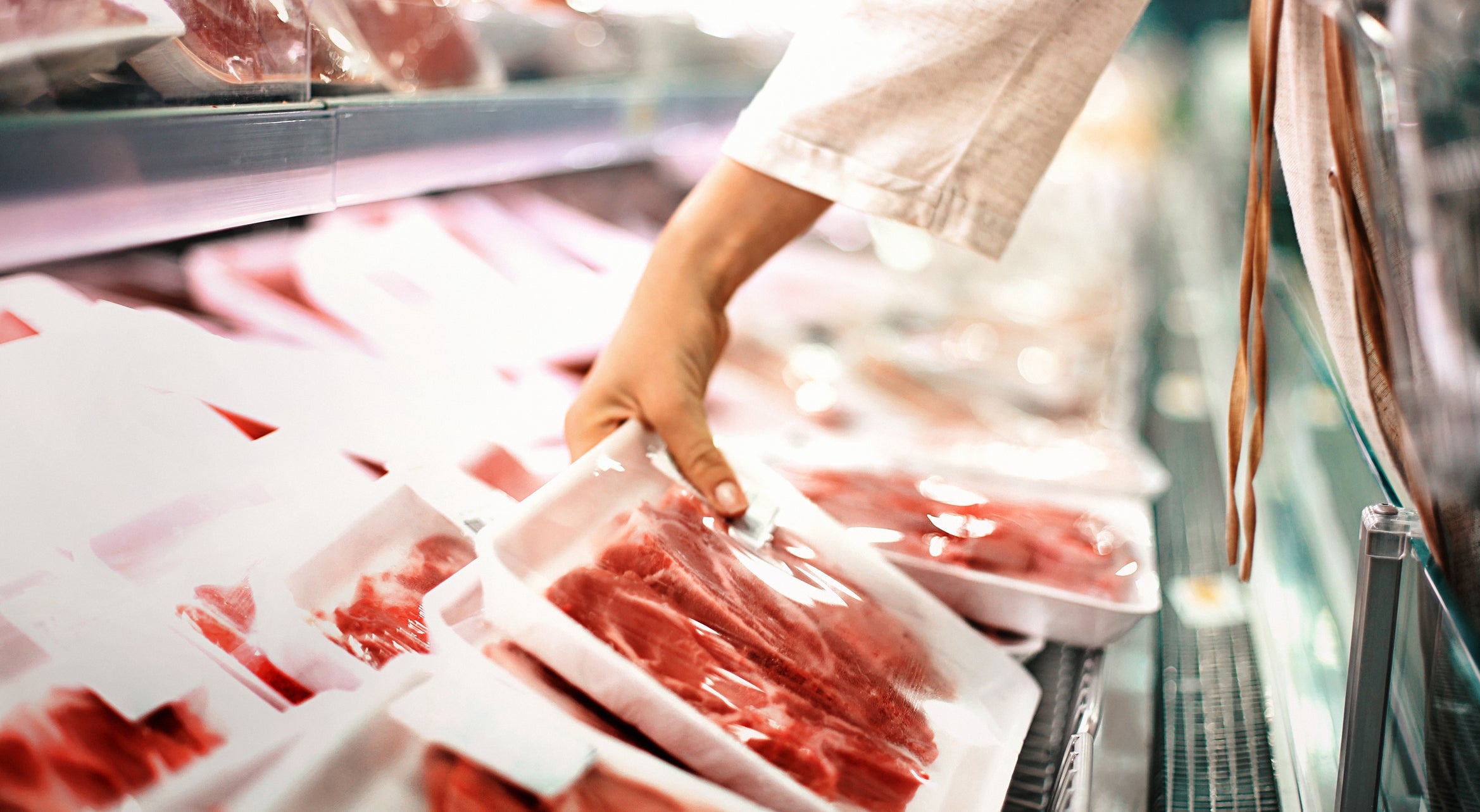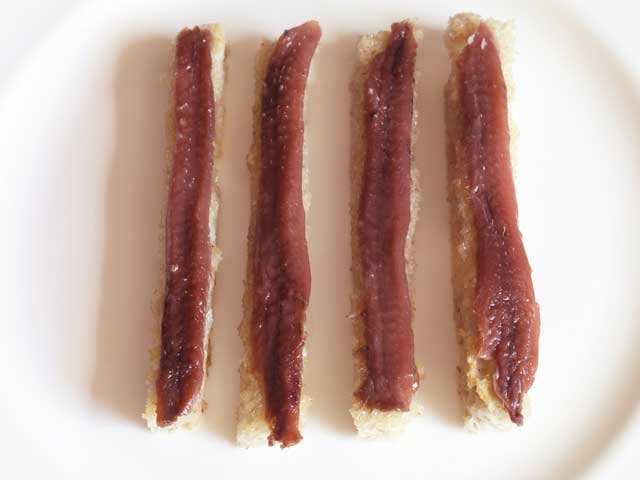Swapping red meat for these alternatives could save 750,000 lives by 2050
Academics explored whether swapping red meat intake could lower disease rates and save lives

Swapping red meat for small fish such as anchovies, sardines and herring could reduce global disease levels and save up to 750,000 lives a year by 2050, according to a study.
In the UK alone, reducing red meat intake by 8% and replacing it with these fish could prevent 10% of heart disease deaths in the next 26 years, researchers suggested.
However, the benefit would be most felt in more deprived countries, the analysis found.
The small fish, known as forage fish, are rich in nutrients with a low carbon footprint, although only about 26% of those caught are consumed by humans.
The remainder, including a significant amount fished from the coasts of countries experiencing malnutrition and food insecurity, are turned into fishmeal and fish oil, which feeds more expensive farmed seafood, such as salmon and trout.
Academics explored whether swapping red meat intake for these fish could lower disease rates and save lives.
Chronic diseases accounted for about 70% of all deaths worldwide in 2019, researchers said, with heart disease, bowel cancer, diabetes and stroke causing almost half (44%) of the figure.

The team projected red meat consumption for the coming decades in 137 countries and estimated the availability of forage fish as a substitute for red meat by 2050 using historical fishing data.
They estimated the swap could prevent between 500,000 to 750,000 deaths globally by 2050, particularly when it comes to heart disease.
For the UK, the study suggested that replacing 8% of red meat intake with forage fish in 2050 could prevent 10% of heart disease deaths, while reducing deaths from stroke, diabetes and bowel cancer by 1-2%.
Researchers recognised forage fish are not sufficient to replace all red meat but suggested they could be a “promising alternative”.
According to the NHS, red meats such as beef, lamb and pork help form part of a healthy diet.
However, eating a lot of them, along with a lot of processed meats like ham, bacon and corned beef, can increase the risk of bowel cancer.
Researchers said there is a “need to limit the consumption of greenhouse gas emission-intensive red meat and shift to food and are both healthy and environment friendly” in a bid to “reduce the burden” of diet-related chronic diseases in the coming decades.
Policies should also be created to allocate fish stocks to regions where they are most needed, such as Africa, parts of Asia, Latin America and the Caribbean, to limit the “global burden of disease”, researchers suggested.
Bookmark popover
Removed from bookmarks